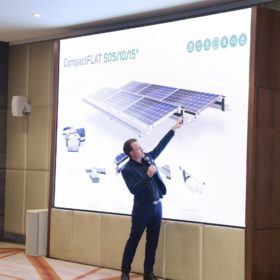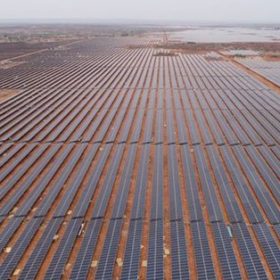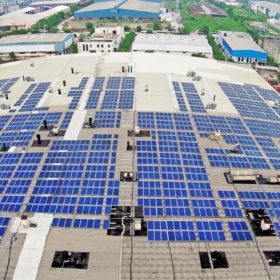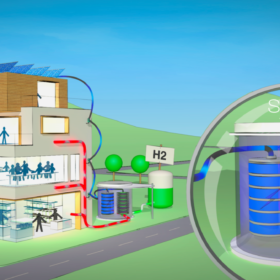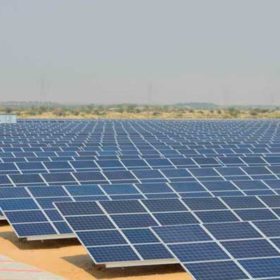Austrian company Aerocompact to make solar racking in India
The ‘intelligent’ racking solutions provider has joined hands with Norwegian aluminium producer Hydro Extrusion’s India arm to manufacture PV racking for rooftops. The manufacturing unit—located in Bengaluru—is eyeing at least 20 MW of business from India in the next six months.
Solar plant developers can set up excess capacity: MNRE
The requirement of design and installation of additional DC panels may emanate from the contractual need to supply the committed energy and does not cast any obligation on the procurer to buy generation in excess of the contracted energy range—stated the ministry in its advisory issued recently.
E-waste company opens battery recycling plants in Singapore and France
TES issued a press release announcing the new facilities that is light on detail but claimed the plants would position it as ‘a leader’ in battery recycling. The company also announced an intent to move into the reuse of spent electric vehicle batteries in commercial and residential applications.
Goa to replace traditional clay tiles with solar ones
State energy minister Nilesh Cabral says householders will be offered the chance to reduce energy bills without any upfront cost by leasing roofspace to installers as part of plans to add 15 MW of solar capacity in Goa by March.
Azure Power to raise US $75 million equity from Canadian investor CDPQ
The investment will increase Caisse de dépôt et placement du Québec’s equity stake in the NYSE-listed solar developer to 49.4% from current 41.4%.
French consortium develops hybrid storage and co-generation system
The Smart Energy Hub can operate in electrolysis mode to store renewable energy as hydrogen, or in fuel cell mode to produce electricity and heat from previously produced hydrogen or methane. Its developers are the French Alternative Energies and Atomic Energy Commission and start-up Sylfen.
Gujarat solar capacity just shy of 2.7 GW
The state this week raised its clean energy ambition to 30 GW of generation capacity within three years as figures showed ground-mounted solar is expanding at a faster rate than rooftop installations.
Haryana retenders 57 MW grid-connected solar capacity
Haryana Power Generation Corporation Limited has retendered ground-mounted solar capacity of 57 MW with relaxation in eligibility criteria. The projects—to be set up on build, operate and transfer basis—shall come up at three sites in the state and will be awarded through international competitive bidding. Bidding closes on November 25.
Odisha fire stations to go solar
The state will contract for a total 1.73 MWp of rooftop generation capacity with all the panels supplied manufactured in India.
Uttar Pradesh cabinet approves tariffs for 72 MW solar projects
The power produced by NTPC (40 MW) and Sukhbir Agro Energy (32 MW) will be purchased by Uttar Pradesh Power Corporation Limited at tariffs of Rs 3.02/KWh and Rs 3.05/KWh, respectively, for a period of 25 years.
